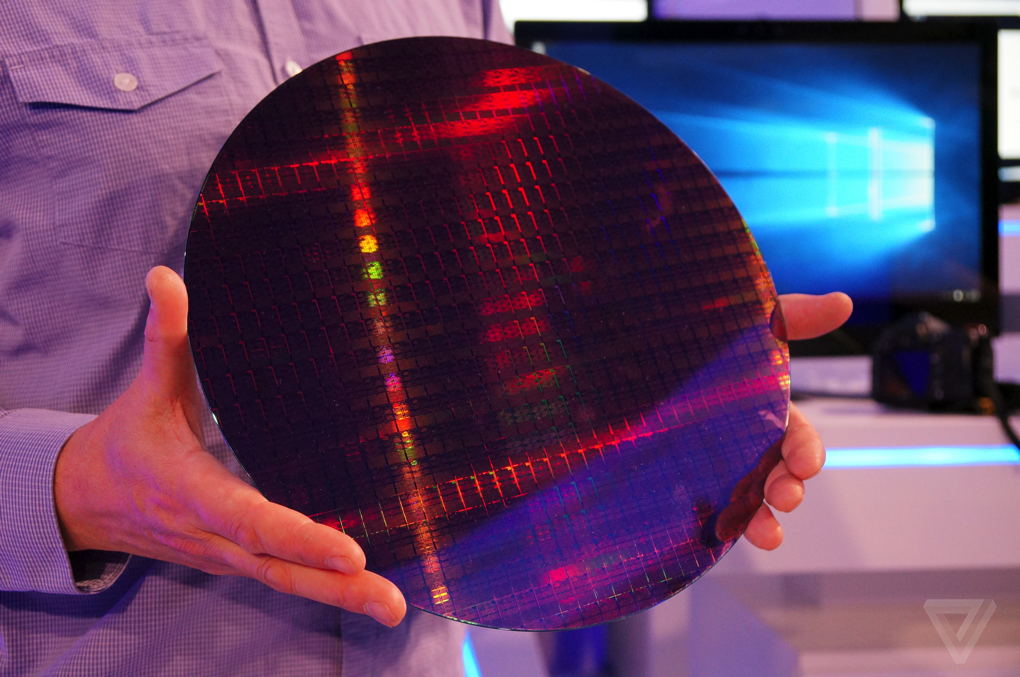Skylake: the Rise of the Laptop PC is coming
There is one undeniable truth about Intel: and that is it’s loyalty to the PC market. The broad range of chips that this company makes covers everything from tablets, to 2-in-1s, business laptops, gaming laptops, and desktop PCs. Only a month ago, we have witnessed the wonders of Skylake in the shape of an overclocking-ready Core i7 6700K and Core i5-6600K on two gaming desktops, and you know you did a good job when gamers are impressed.

Ever since the name Skylake began making the rounds, Skylake has been seen as this knight in shiny armor, on a quest to save the PC from extinction.
There is no question that Skylake will leverage the PC, and there is no question that anyone upgrading their 4-plus years old laptop, will be blown away by the speed, performance and energy efficiency of the sixth generation chip; which begs the question: is the PC market really in danger, or is it simply the inevitable stage of a generation of consumers that is still adjusting to a different computing than what we used to?
Let’s face it: modern laptops are different now, and Apple has done an excellent job at coaching us in expecting laptops to be thin, lightweight, powerful, and beautiful inside and out, a trend visible in brands like Asus, MSI and even Microsoft, which takes the concept one step further, with a hands-on approach to the tablet-PC hybrid.
With Windows 10, Microsoft has also introduced a little disruption into how we use desktop and laptop PCs, by making Cortana, a voice activated virtual assistant, the centerpiece of a desktop operating system.
As a matter of fact, one of Microsoft’s priorities is a unified experience that entails features from both desktop and mobile. This is one of the reasons why Intel’s general manager Kirk Skaugen has gone on record saying that Skylake processors and Windows 10 were “designed together”, during an interview with The Verge.
The mantra from those who seem to almost “want” to deep-six the PC, is that tablets and smartphones are taking over, and the fun fact here is that we heard the same about tablets, and 5-inch smartphones, so let’s cut to the chase:
The laptop PC isn’t going away
Let’s face it: the truth about the doom-talk of smartphones and tablets killing the PC, comes down to a lack of understanding of the basic concept of accessibility versus user experience.
Ok, let’s rephrase that in plain English: smartphones are easy and cheaper to come by, they are more powerful than most PCs from the early 2000s, and can be replaced fast, with most settings stored in the cloud. Is that good enough to replace everyday desktop-class computing? No, because desktop and laptop PCs are not just about sheer processing power, they offer comforts that handheld mobile devices can’t provide, like:
- The amount of real-estate of a full-size desktop on a HD or 4K display, to truly catch every detail of a photograph or a video, without any panning or zooming.
- The ability to access directly a 4TB external drive (and if Samsung has any say about it, internal SSDs just as capable... and yes, that's happening.), and load data from it instantly.
- The performance of a dedicated GPU when gaming or editing video
- Expansion and upgrade options that extend the life of a PC beyond the typical six-months to a year lifespan of the average smartphone, which is why there are still so many old PCs around.
Ultimately, user experience has the final say in shaping the future of computing, in a world where the desktop experience will always have a place, or at least for as long as consumers enjoy gathering around a high-resolution display, whether it’s for work or play.
The future of PCs
This is precisely why there have been so many attempts to bring the desktop PC experience to the living room, through the manufacture of mini-PCs and specialized HDMI Wi-Fi powered dongles.
Most devices like these are wishful thinking, and can’t possibly match the power, speed and usability of a full-size laptop or desktop PC, however, the idea is that the PC is not only here to stay, but it’s also going to evolve at a pace that transcend the current trend of mobile computing, with a strong emphasis on connected devices.
Consumers want PCs in their homes, and the reason is simple: laptops and desktops can be the mobile hub that powers and customizes a connected home or office, capable of exporting and importing settings and preferences into new real-life connected home or office environments.